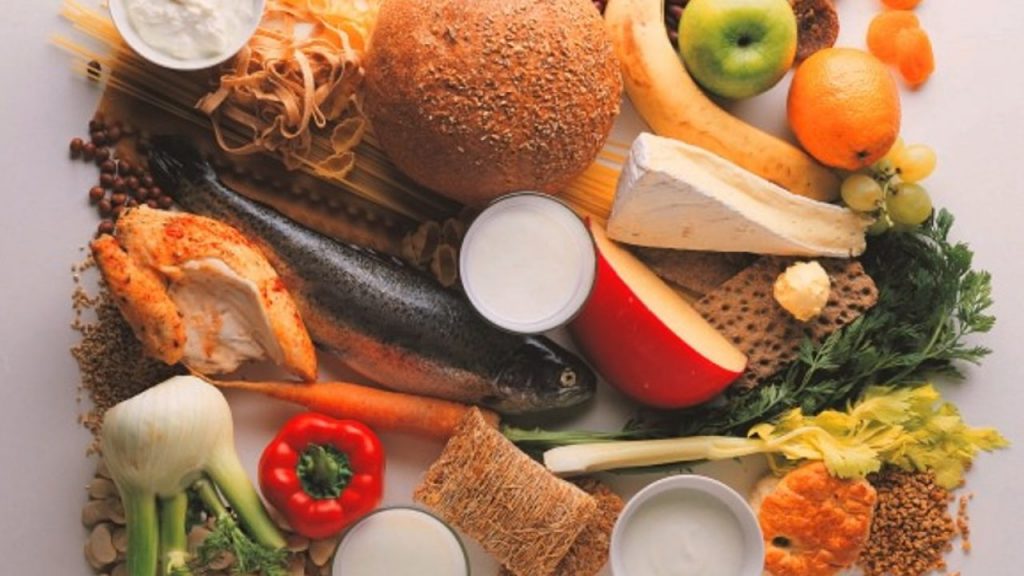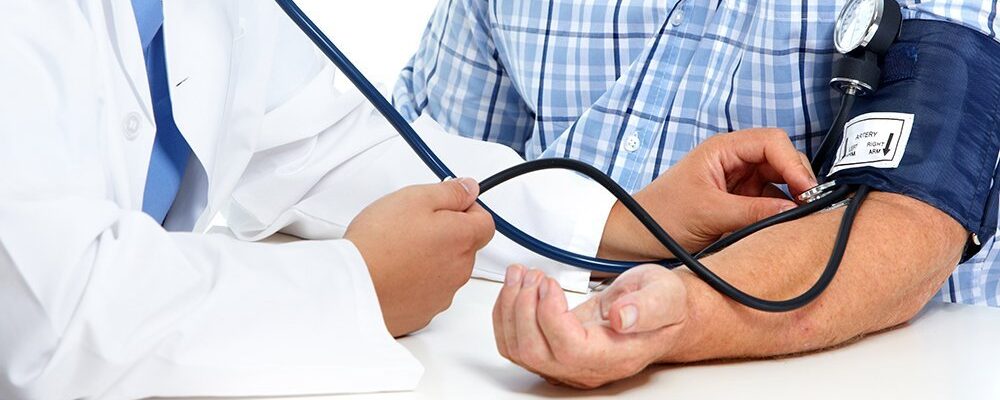Hypertension, commonly known as high blood pressure, is often called the “silent killer.” Many people are unaware they have this condition, which can lead to severe health problems such as strokes and heart attacks.
Fortunately, hypertension can be treated effectively and diagnosed quickly. However, prevention remains the best approach. Here are some practical tips to avoid or lower the risk of developing hypertension:
Eat a Low-Sodium Diet

A healthy diet plays a significant role in preventing high blood pressure. Include fruits, vegetables, low-fat, and high-fiber foods in your meals to improve blood flow and overall heart health.
Avoid excessive salt consumption, which is commonly found in snacks and processed foods. Salt contains sodium, which attracts water into the blood vessels, increasing blood volume and pressure. Experts recommend consuming no more than 6 grams of salt daily, roughly equivalent to one teaspoon.
Exercise Regularly and Maintain a Healthy Weight

Being overweight or obese increases the risk of various health issues, including hypertension. While thin individuals can also develop high blood pressure, the connection between excess weight and hypertension is well-documented.
Before starting a weight-loss program, consult your doctor to determine a safe target weight and plan. Exercise is a vital part of weight management and overall health. Engaging in 30 minutes of physical activity five to six times a week can make a significant difference. This habit benefits not only adults but also children and young adults.
Manage Stress Effectively

Chronic stress may contribute to hypertension, especially if you cope with it in unhealthy ways, such as overeating, smoking, or drinking alcohol. These habits can harm your health and raise your blood pressure.
To reduce stress, consider practicing meditation or finding outlets like exercise to channel negative emotions. Identifying stress triggers and finding ways to avoid or minimize them is also essential.
Get Enough Sleep

Lack of sleep is associated with many health conditions, including heart disease, stroke, and hypertension. Sleep allows your body to recover and recharge. Aim for 7 to 8 hours of sleep each night to maintain good health, particularly for your heart and blood vessels.
Limit Coffee Consumption

In addition to avoiding smoking and excessive alcohol intake, limiting caffeine is also advisable for controlling blood pressure. Caffeine, found in coffee and tea, acts as a stimulant that triggers the adrenal glands to release adrenaline. This hormone increases heart rate and narrows blood vessels, resulting in higher blood pressure.
While moderate coffee consumption is acceptable, avoid overindulging. Balance your caffeine intake with adequate water and other fluids throughout the day to stay hydrated.
Monitor Your Blood Pressure at Home

Even if you don’t have hypertension, regularly monitoring your blood pressure is a good habit, especially for those with a family history of the condition or older adults. Home blood pressure monitors are widely available and easy to use.
Record your daily readings and consult a doctor if you notice significant changes. Keep in mind that blood pressure naturally fluctuates in certain situations, such as after exercising. If your reading is unusually high, wait a few minutes and take another measurement. If the result remains high, continue monitoring and inform your doctor during your next visit.
By following these tips, you can reduce your risk of hypertension and maintain better overall health. Prevention is always better than cure, and small changes in your lifestyle today can lead to a healthier future.


